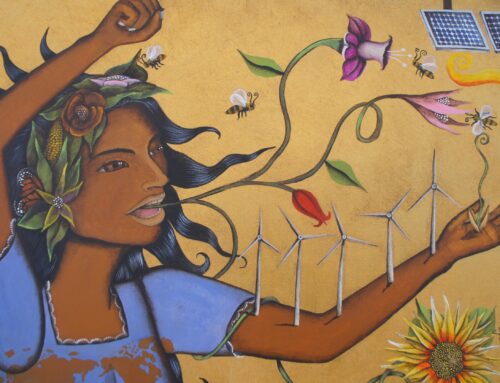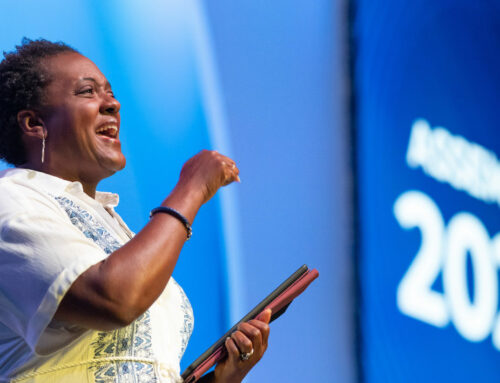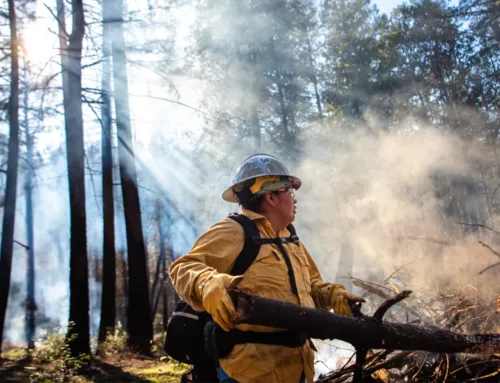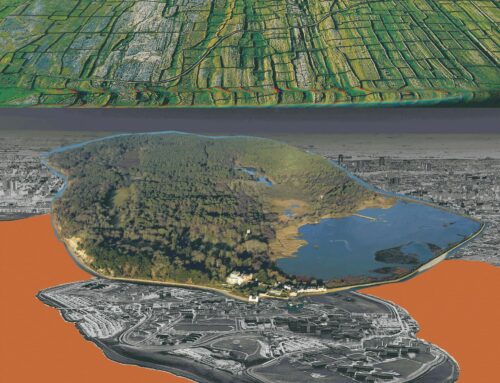Disabled people make up the world’s largest minority and yet they have not had opportunities to participate fully in society. The climate crisis has exacerbated these inequities. Yessenia Funes highlights stories and statistics from around the world, emphasizing the societal barriers to civic participation that go beyond individual conditions. The rise of heat waves have put disabled people at increased risk of health complications. These disabilities can make extreme heat and light exposure inherently more difficult, causing individuals to lack the ability to perspire or make it painful to be in high light/heat areas. On top of that, there are structures in place that complicate life for disabled people, such as lack of accessible housing, lack of inclusion in emergency response protocols, economic challenges, and other social determinants of health that affect them every day. Amid the crisis, they are losing their lives at disproportionate rates. This is worsened further for historically underserved groups, such as BIPOC, LGBTQ+, and rural communities. Disabled people have had to innovate and adapt to survive their regular lives, and now the changing climate. This kind of thinking is vital for climate adaptation. Climate resilience must include accessibility and inclusion so that everyone is able to live full, equitable, and enjoyable lives.
Photo credit: Yaorusheng/Getty Images







